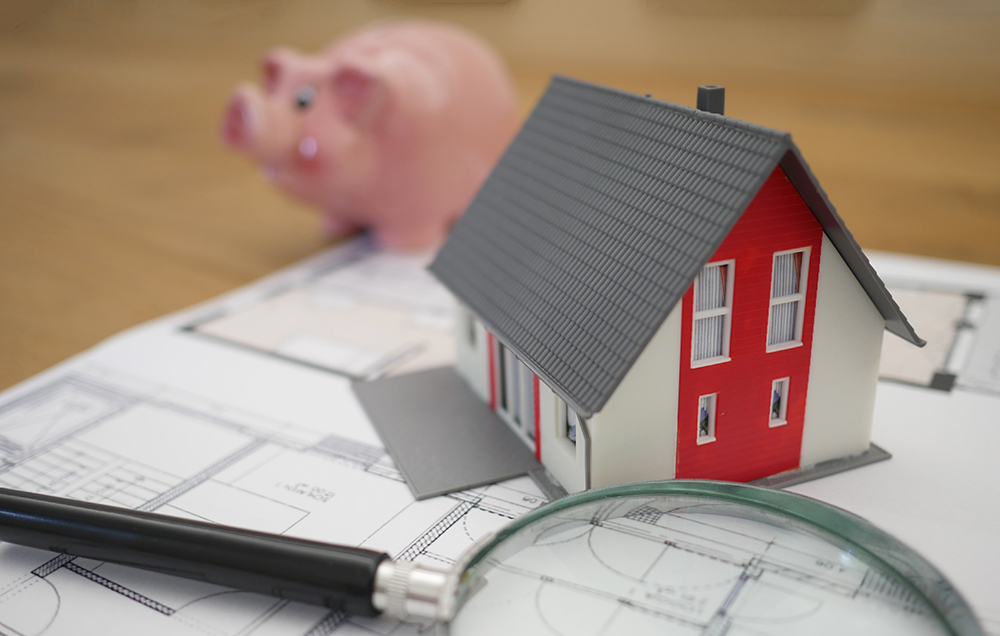3 Solid Reasons To Avoid Taking Out a Second Mortgage

For many people, a house is the most significant investment they will make in their entire lives. It is natural to expect an investment to pay dividends, especially when you invest a substantial portion of your income to it over thirty years.
Unfortunately, while a home can pay you handsomely through equity, many people go about accessing it the wrong way: through a second mortgage. A second mortgage is a loan against your home, just like the initial mortgage, but this time, the loan is for the value beyond the initial mortgage, the equity. The problem with the process is that you are taking out another loan, which means you are not genuinely profiting from your investment; you are only putting yourself at greater financial risk.
While there are plenty of reasons to consider a second mortgage, it is essential not to ignore the strong reasons to avoid such a loan. There are at least three reasons such a mortgage is a mistake.
1. Depreciating Value
Before diving into another mortgage on your house, consider the current and future real estate market. If anything, economic ebbs and flows have taught savvy investors, the economy, especially the real estate market, is fluid.
Property depreciation is nothing new, and it is something seasoned investors have combatted for years. Culture dictates an area's value, and it is not surprising that younger people and families typically cause the changes. While some regions seem untouchable in terms of value, others continuously fluctuate, leading to increased risk for those thinking of a second mortgage.

Before considering a second mortgage, think about the time frame and type of loan. Are you looking for a lump-sum loan with a fixed rate or a credit line with a variable interest rate? Knowing the specifics can help you assess the importance of property valuation. If the loan is short-term with a fixed rate, you are likely in a better position with little need to worry about the decline in value.
2. Variable Interest Rates
Be leary of loans with variable interest rates. While most second mortgages to offer variable interest rates are home equity lines of credit, which allow you to use equity like a credit card, the interest rates are often volatile.
If you take out a substantial amount on a HELOC loan, you risk being thrown into budgetary oblivion. It is not uncommon for people to use equity funds and find that the shifting interest rate makes it impossible to stay on budget from month-to-month.
[insert page='Offer' display='content']
3. Equity Isn't Automatically Income
Yes, home equity is a representation of the value of your investment, but that does not automatically transfer to profit or income. A second mortgage may give you access to these funds, but it is often at a hefty price, through variable interest, or significant risk, through variable interest.

The only surefire way to profit from your home's equity is to sell your house. However, even if you choose to sell, there is no guarantee that the estimated equity is real because it depends on demand in the market.
While there are undoubtedly advantages to taking out a second mortgage, you have to weigh the risks. For most retirees, the risk does not merit the short-term gains. If you liked this blog and would like to read more, keep reading the Wise Ol' Crow.
